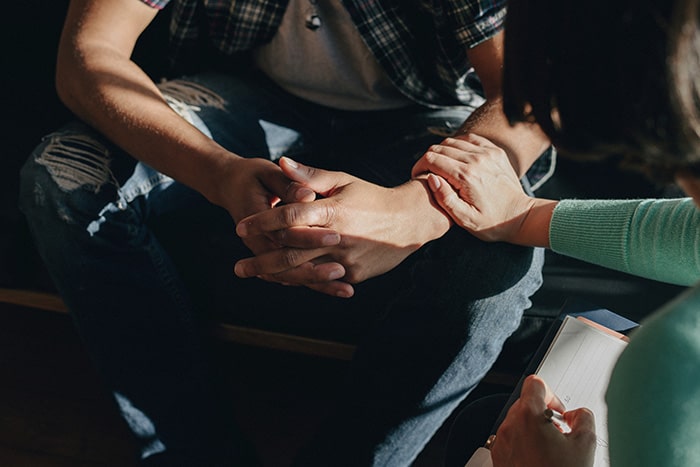Hunter Community Hub provides Psychosocial Recovery Coaching services to NDIS participants.
A recovery coach is an NDIS funded worker that has mental health knowledge.
From 1 July 2020, a new support item called the psychosocial recovery coach (recovery coach) become available for participants of the National Disability Insurance Scheme (NDIS).
A recovery coach is a professional who provides support and guidance to individuals who are recovering from addiction, mental health issues, or other challenges. Recovery coaches typically work with clients one-on-one, helping them develop and implement a plan for recovery, offering support and encouragement, and connecting them with appropriate resources and services. Recovery coaches can provide valuable support to individuals who are working to overcome difficult challenges and make positive changes in their lives.
A recovery coach will:
- spend time with you, and people important to you, to get to know you and understand your needs
- help you to find out about different services and supports, and how these can help you
- help you get support from mental health services
- help you better understand the NDIS and support you with the NDIS
It is intended that recovery coaches will provide support to people with psychosocial disabilities to increase their independence, social participation, and economic participation. People will be assisted to take more control of their lives and to better manage the complex challenges of day to day living.
Through recovery-enabling relationships and skilled coaching, people will be supported to build capacity, including strengths and resilience. Recovery coaches will work collaboratively with people, their families, carers, and other services to design, plan, implement and review a recovery plan.
You can choose a recovery coach with lived experience. A recovery coach with lived experience has their own lived experience of mental ill health and recovery and is able to use this experience to inform their work.
-
Call us

-
Or use our
referral form.

How can Hunter Community Hub's recovery coaches help you?
- Recovery coaches provide support to people with psychosocial disabilities to live a full and contributing life. They are assisted to take more control of their lives and to better manage the complex challenges of day to day living.
- Through strong and respectful relationships and skilled coaching, people will be supported to build capacity, including strengths and resilience. Recovery coaches will work collaboratively with people, their families, carers and supports to design, plan, implement and adjust a recovery plan.
- They will collaborate with the broader service system and will assist with the coordination of NDIS and other supports.
Recovery Oriented Practice
Recovery-oriented practice is a key aspect of psychosocial recovery coaching, as it emphasizes the importance of personal choice and empowerment in the recovery process.
Recovery-oriented practice involves a number of key principles, including:
- A focus on hope: Recovery-oriented practice recognizes that individuals with mental health challenges and substance use disorders can and do recover, and helps individuals to identify and build on their strengths and abilities.
- Personalized support: Recovery-oriented practice recognizes that each individual's recovery journey is unique, and focuses on providing support that is tailored to the needs and goals of the individual.
- Self-determination: Recovery-oriented practice recognizes that individuals have the right to make their own choices about their recovery journey, and works to empower individuals to make decisions that are right for them.
- A holistic approach: Recovery-oriented practice recognizes that recovery involves more than just addressing symptoms and behaviors, and works to support individuals in all areas of their lives, including physical health, social connections, and spiritual well-being.
- Community involvement: Recovery-oriented practice recognizes that support from others is an important part of the recovery process, and works to engage individuals in their communities and help them to build a network of supportive relationships.
By using these principles, psychosocial recovery coaches can help individuals with mental health challenges and substance use disorders to develop the skills, knowledge, and confidence they need to achieve their recovery goals and live fulfilling meaningful lives.
